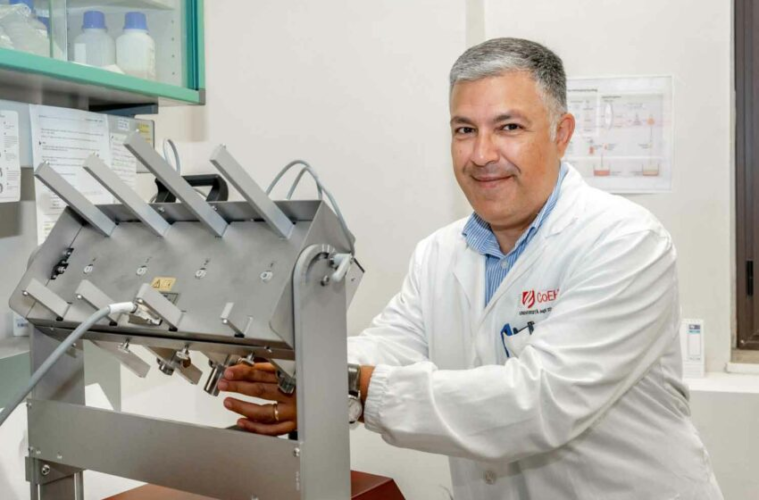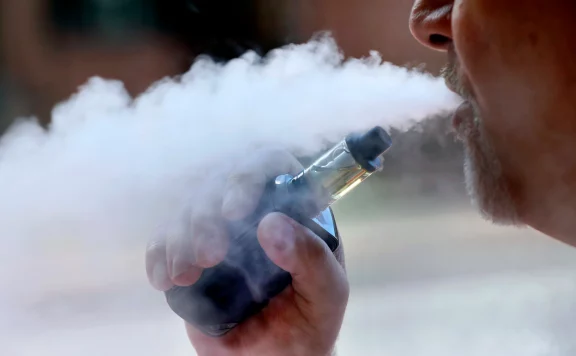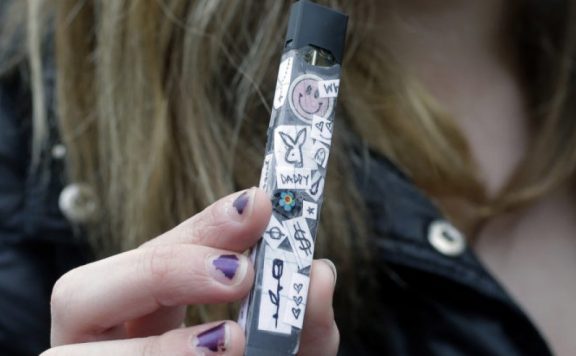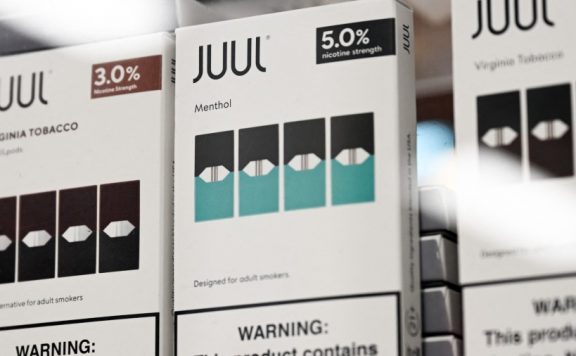The Replica research team at CoEHAR has discovered that vape aerosol generally causes little to no cytotoxic, mutagenic, or genotoxic damage, in sharp contrast with the significant harm associated with traditional cigarette smoke. This research emerges against the backdrop of a “replicability crisis” in the scientific world, where inconsistent research methodologies yield divergent data, influencing health policy and the decisions of individuals seeking to quit smoking.

Tasked with overcoming these discrepancies, the Replica team reevaluates worldwide in vitro research on the toxicological effects of tobacco smoke and vape vapor. Their strategy, which is both independent and involves multiple research centers, sometimes incorporates extra experiments or conditions to confirm the accuracy and consistency of their results.
Vape Research Results
Their most recent publication, which reassesses findings from a study by Rudd and colleagues from 2020, employed a set of three established toxicological evaluations. Reported in Springer Nature’s Scientific Reports, their findings indicated that the aerosol from vape displayed negligible cytotoxicity and was not mutagenic or genotoxic, unlike tobacco smoke, which exhibited significant toxicity across the board. Furthermore, the Replica study improved upon the original research’s methods by adding new variables to more comprehensively investigate the potential for cell genotoxicity and mutagenesis.







